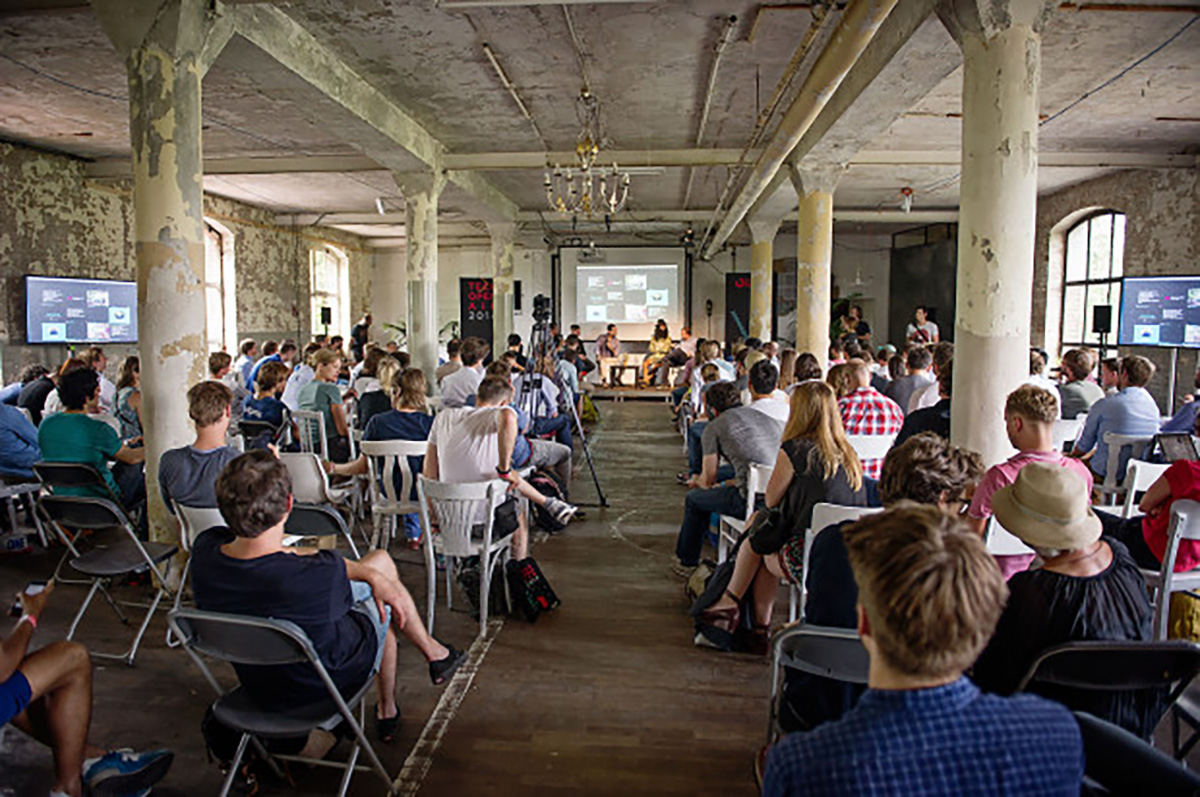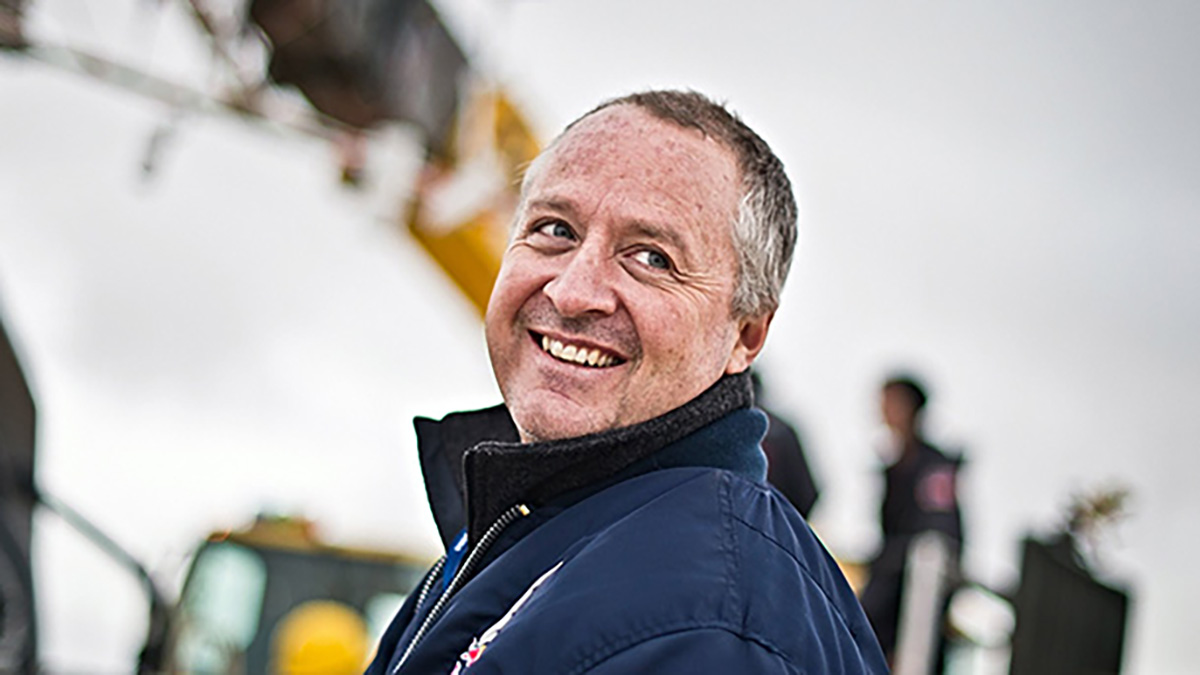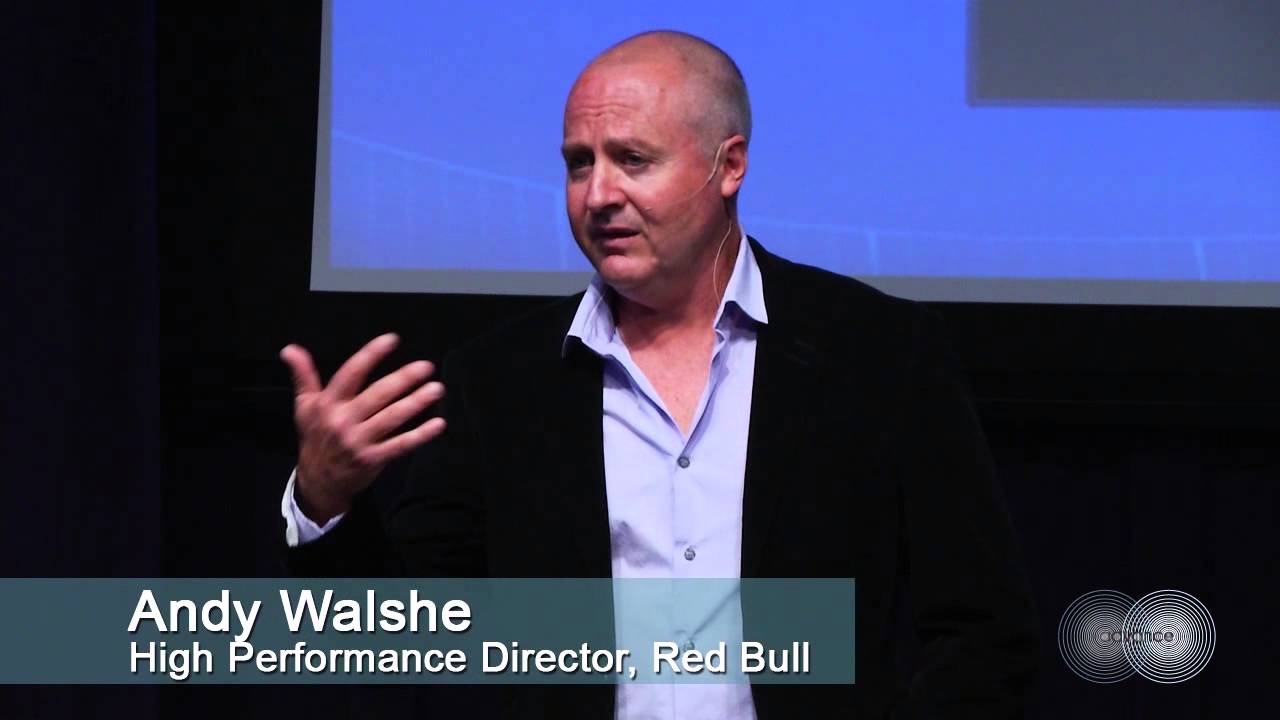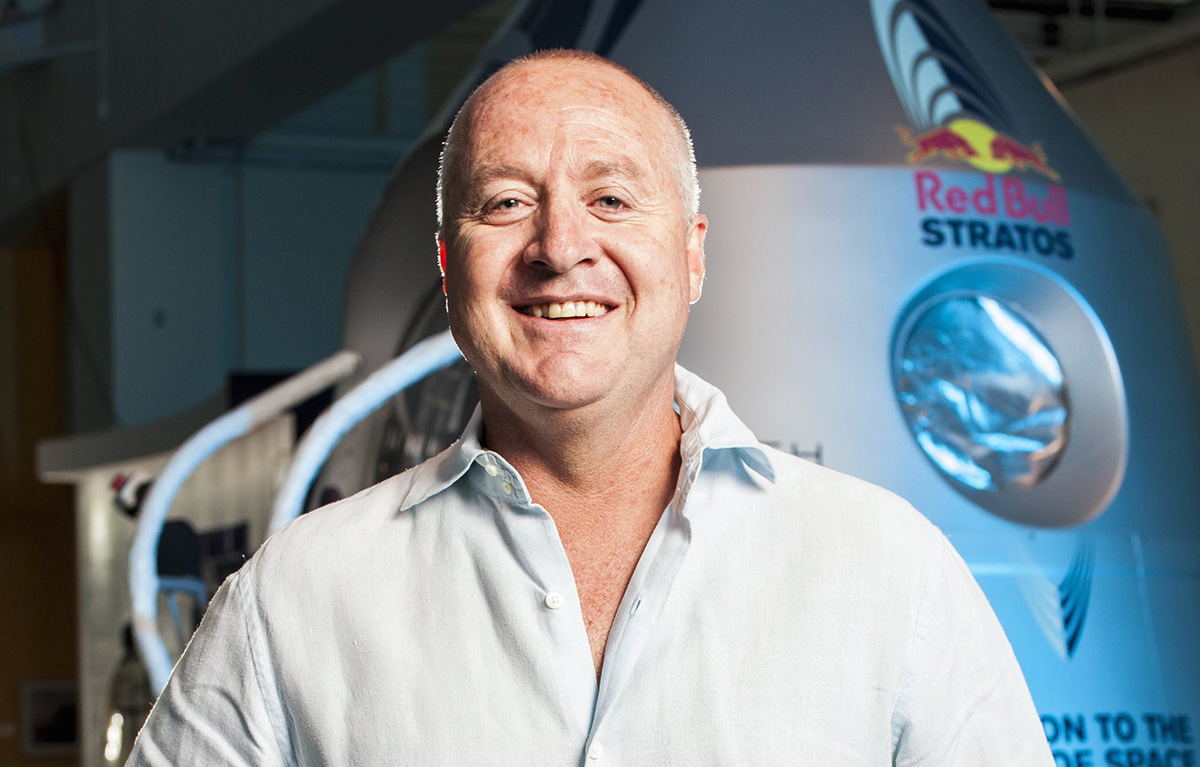Interview for MaketechX about Hacking the human brain by Sandra Wickert with Dr. Andrew Walshe from Red Bull High Performance
If you’re at an event like TOA, where creativity and genius lies in the air like rarely anywhere else, it is near impossible to tell which encounter was the most outstanding. We had so many inspiring chats, heard a lot of witty ideas and listened to inspiring thoughts. Among this abundance of splendor, our conversation with Dr. Andrew “Andy” Walshe, Director of Red Bull’s High Performance program, impressed us on a whole new level. He advises athletes like space jumper Felix Baumgartner and works with his team on ‚de-mystifying talent’ by researching and training individuals and teams across a vast network of world-class programs in sports, culture, military and business settings. After his TOA ignite talk about ‘Hacking the human potential,’ we took Andy for a few minutes aside to find out how the experiences he has had so far by working with high performing athletes reflect on his own personal life.

Dr. Andrew Walshe High Performance Director, Red Bull for MaketechX at TOA Photo: Nika Kramer
Andy, you seem to have a really, really exciting job. What is the most boring part of your work?
You mean, the parts that I hate? You know, it’s like any other job. There are moments where my job is extraordinary and I am aware of how lucky I am and what a privilege this job means. But there are also days where it’s a complete pain in the butt! Usually this goes around the organization of the platform…I totally suck at administration! I don’t like the organizational details, I am much better at looking at the bigger stuff. When I have to get the real job done, that stuff drives me nuts!
In which way advances in technology can make our society better?
Technology is giving us insight into the human condition in a way that has never before been possible. Technological advances can make our society better in three ways. First, technology allows us to look at people and shows us why they are performing at the top. The second part is that technology is also allowing us to look and speak to a large community of people, globally. And, third, technology enables us to use that information in a compressed way, that means, the lessons we are learning from the big data community.

Dr. Andrew Walshe High Performance Director, Red Bull for MaketechX at TOA Photo: Nika Kramer
During your research, is there any insight that surprised you the most?
Every day we learn something new and fresh. What is really surprising though, I guess, is how little we really know compared to what we thought we knew. This is a very valuable lesson for us.

MaketechXlab @ TOA 2014 Photo: Nika Kramer
You gather o lot of interesting insights from studying the human brain. Could you use some of them for yourself as well?
Of course! A fundamental primacy why we look at these extraordinary individuals is because we want to understand, then domestically hack and in the end share this knowledge for everyone to use it, with average people like myself. We see a lot of examples every day how they prepare for big events, which everyone can use for their own life, like for me to prepare for my job or like a kid in order to prepare for his piano lessons. It is the same thing, just the scale is different. Most of the things we learn from the very best is so transferable!

Dr. Andrew Walshe for MaketechX at TOA Photo: Nika Kramer
Which advice would you give anyone who wants to improve his or her performance, in whatsoever area?
What we see and what we know of people who are really good at what they do, is that they are passionate about it. Passion allows us to withstand all the failures we surely will encounter sooner or later. If I had to give one piece of advice it would be to understand that improvement is a series of learnings based on failures. If you can match that with passion, those failures feel less devastating.




